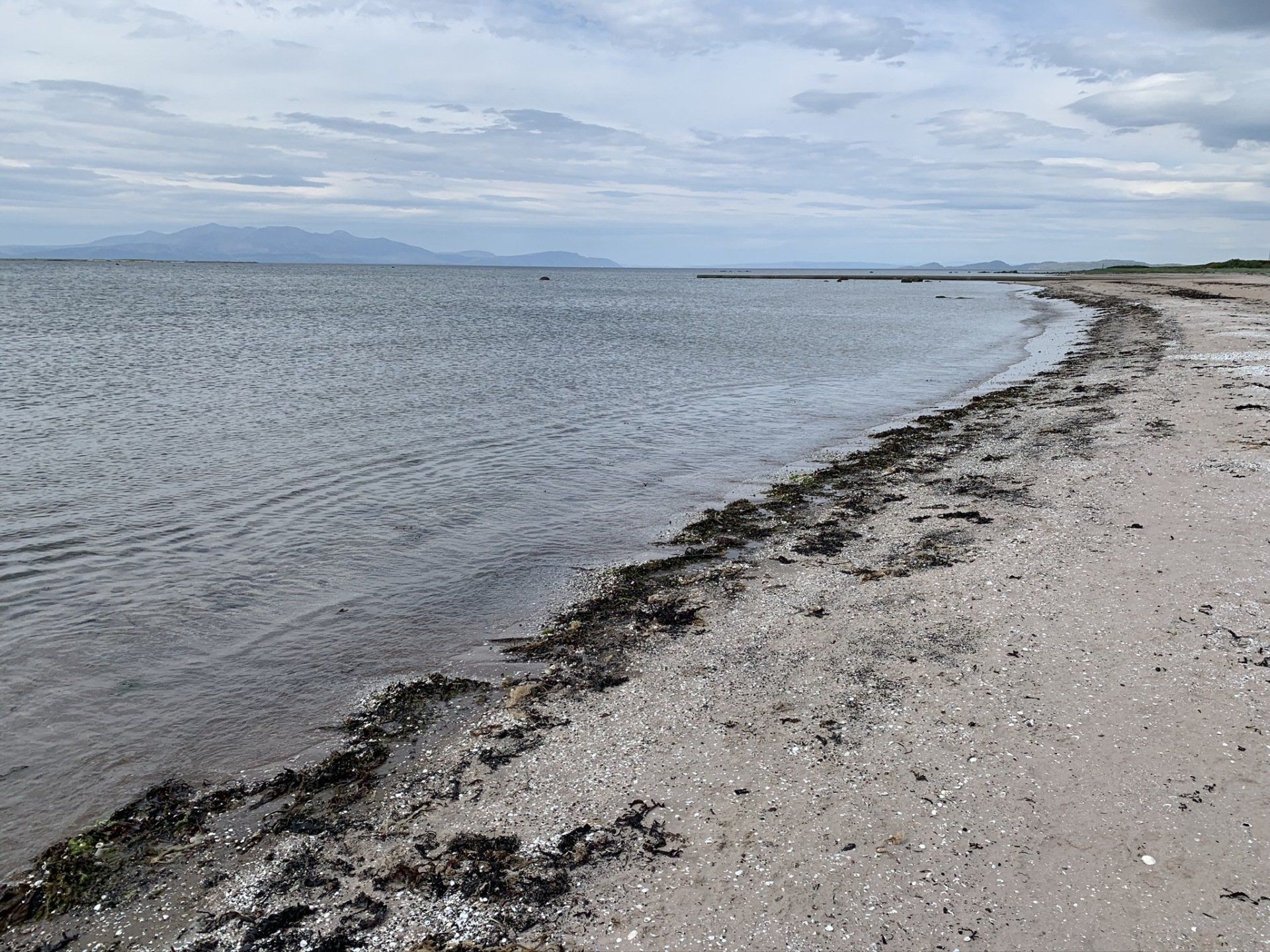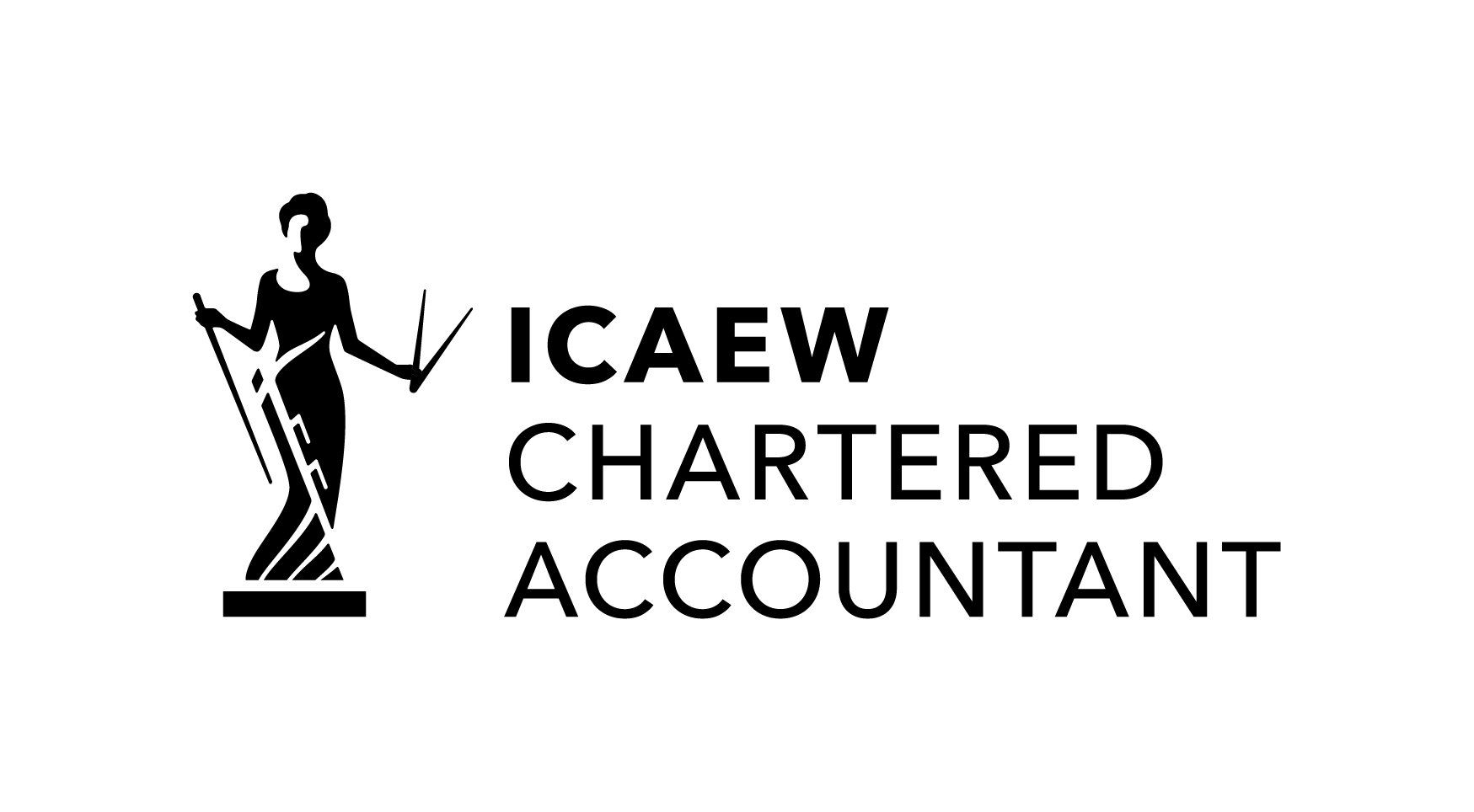Moving resilient to brilliant
Blog Layout
Launch of a new and detailed guidance towards a net-zero pathway for pension schemes
Viola Rossi • September 22, 2021
Accounting for sustainability (A4S) resources for pension trustees

Accounting for sustainability (A4S)
has launched a useful guidance for pension scheme trustees which includes some essential information on transitioning to a net-zero pension scheme and why is compatible with upholding the fiduciary duty to act in the best interests of the company’s members.
Climate change has put a strain on the policies of northern and especially developing countries. The visible impact on the ecosystem has forced many nations to implement strategies to cope with climate change. Many countries and companies have developed economic plans to fall within the parameters expressed by The Intergovernmental Panel on Climate Change, which envisages the containment of the rise in global average emissions to below 1.5°C. This is the very first step towards a global transition to a net-zero economy.
Considering that climate risk is investment risk, the adoption of a net-zero strategy is now seen as a fundamental part of every important business. That’s why Accounting for sustainability has produced guidance with a range of responses towards net-zero alignment to help pension scheme chairs and trustees
better understand all different frameworks around the adjustment of their schemes to a net-zero pathway.
https://www.accountingforsustainability.org/net-zero-pension-schemes.html
It is important to remember that the guide is written considering the full interest of the trustees, providing them with practical examples on how organizations have started to progress to net-zero and tips on how to engage with pension trustees on sustainable investing.
This guidance is part of a bigger toolkit of resources designed for pension scheme trustees which have been launched back in December 2020. The ESG toolkit for pension chairs and trustees can be found here below:
https://www.accountingforsustainability.org/en/activities/projects/pensions-toolkit.html
The toolkit is designed to support trustees to identify the practical steps to incorporate ESG considerations within their investment decisions. This is fundamental for effective risk management, innovation and return on investment.
Useful resources like this are needed given the requirements of section 124 of the Pension Schemes Act 2021 for many trustees to implement climate change governance measures and produce a Taskforce for climate-related Financial Disclosures (TCFD) report.



